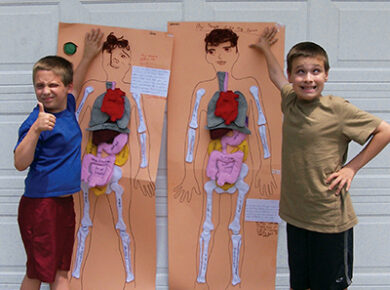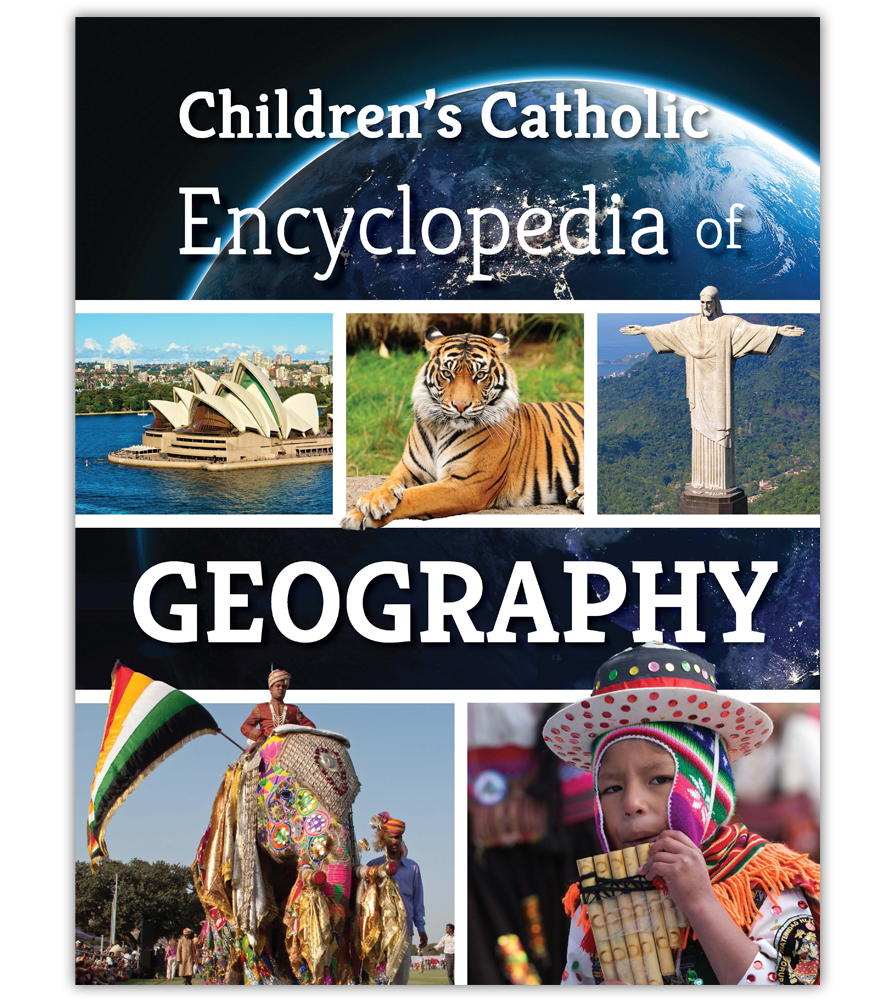How CHC’s Approach Changes Depending on the Age of the Student

In the early grades, CHC focuses on encouraging children’s innate love for learning with a gentle curriculum. As students grow older, the curriculum “ramps up” to meet the greater mental capacity and longer attention spans of students in grades 4 and up.
Teaching Young Learners
In the early years, children have very short attention spans. Too much seatwork for young children almost invariably leads to burnout and blights their natural love for learning.
This effect is not always apparent at first. A young child’s mind is like a sponge, so it might seem logical to saturate that “sponge” with as much information as it can hold.
But to thrive, a young child needs more than just school lessons. He also needs unstructured playtime. Playtime is when your child processes the information he learns during “schooltime.”
This is why it’s important not to schedule too much formal education in the elementary grades. CHC Lesson Plans are careful to avoid overloading the elementary student with hours and hours of schoolwork. This is why CHC’s curriculum is rightly known as “gentle” in the early grades.
Challenging Older Students
From 4th to 8th grade, CHC’s curriculum becomes progressively more challenging to match the greater mental capacity and longer attention spans of older students. Students who have begun with a “gentle” curriculum typically excel at a challenging curriculum in later grades. This is because these children have not experienced burnout in their early years. CHC students still have enthusiasm for learning! For them, school isn’t a chore. It’s an opportunity.
Adding Zest to the School Day
CHC provides plenty of hands-on activities and story-based learning to add zest to the school day. This helps keep the joy in homeschooling, both for kindergarteners and for 8th graders. For example, The Treasure Trove of Literature series is full of active games, crafts, projects, and cooking activities. Similarly, each level of Behold and See Science includes enjoyable science experiments, many of which the student can do independently.
Flexibility Puts the Parent in Control
A key element in CHC’s approach is flexibility. The parent has complete authority to customize the curriculum to make it an achievable ladder of learning that challenges the student while fostering his love for learning.
What works for one student may not work for another — and that’s just fine. The parent is the “principal” of the homeschool and does not have to wait for approval from anyone else in order to adapt the CHC curriculum. Parents are free to skip assignments, to slow down, to speed up, or to substitute different books without any need to report to an outside authority.
With all these adaptations, the goal is the same: to meet your child where he’s at in his learning journey so that he can develop into a lifetime learner. CHC gives you a headstart by offering a curriculum that is developmentally appropriate at each grade, taking a gentle approach in the younger grades and a more challenging approach in the older grades. Like you, we want your child to go into the world with the confidence and curiosity of someone who is constantly learning, growing, and exploring.
Related Blogs
If you enjoyed this article, you might be interested in the related articles below.
Favorites
Explore CHC’s top favorites! From art to literature, science to hands-on religion, CHC has materials to enrich every Catholic homeschool.


















